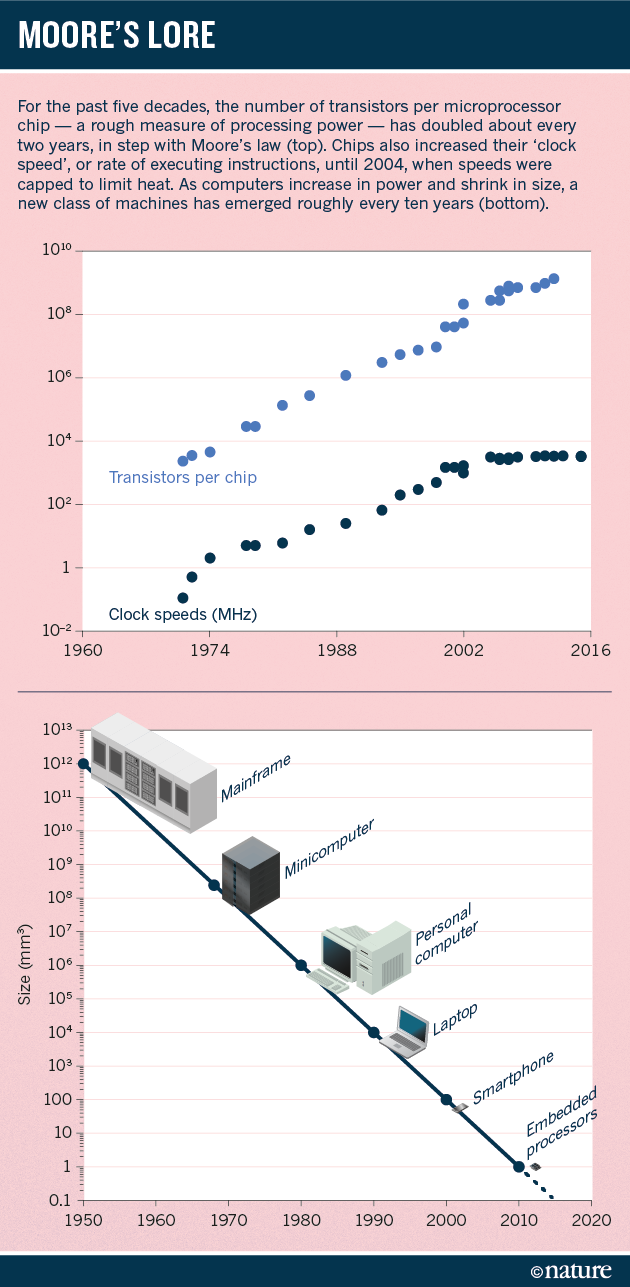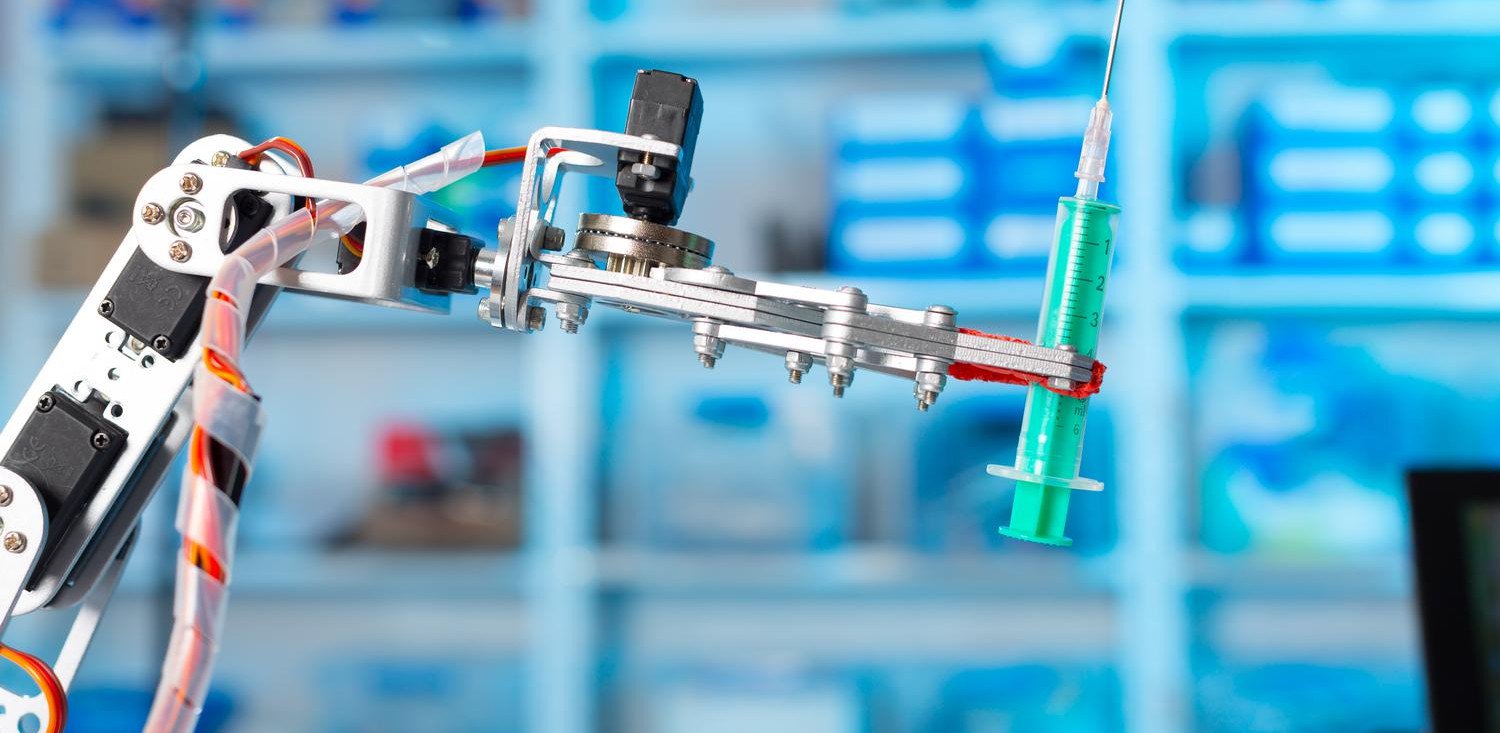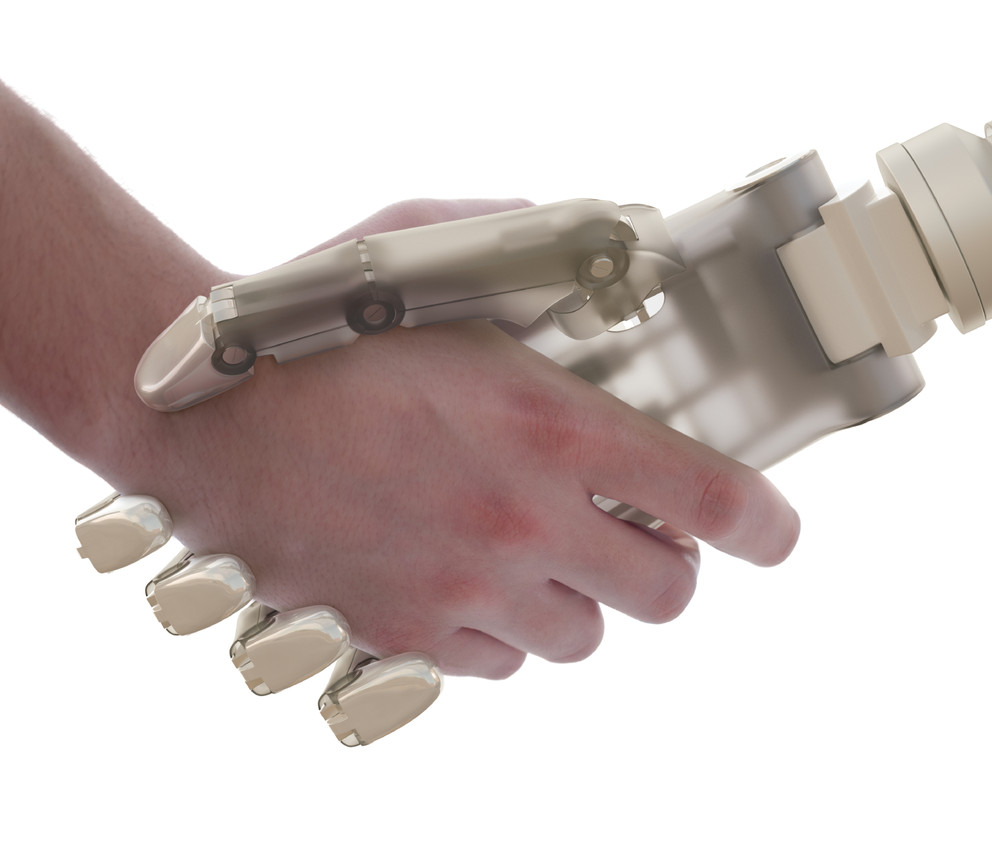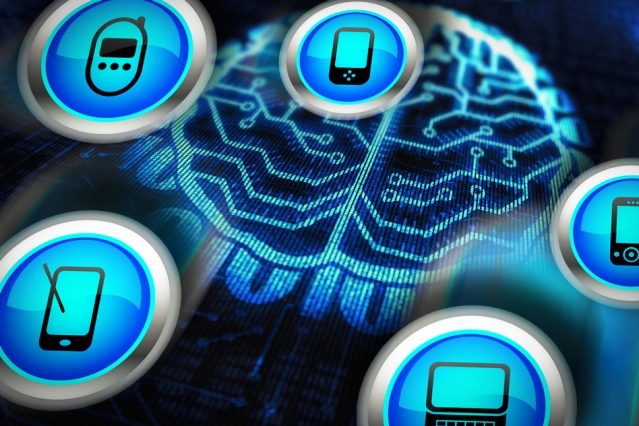I’ve always found the idea behind corporate hackathons to be questionable, but this is a hackathon I can get behind.
Some of my favorites:
“Unfriend the Poors by JB Rubinovitz is a free service that helps you ferret out and then unfriend your poor friends on Facebook.”
3D Cheese Printer. “Hightech 3D cheese prints, by Tyler Erdman, Morgan Steward, David Leach, Brian Wu, Andy Doro and Dano Wall.”
“Mansplain It To Me recreates the experience of asking a question and getting the response from a man who talks to you as though you are a less capable human being. By Cassie Tarakajian and Seth Kranzler.”
“iPad On A Face by Cheryl Wu is a telepresence robot, except it’s a human with an iPad on his or her face.”








